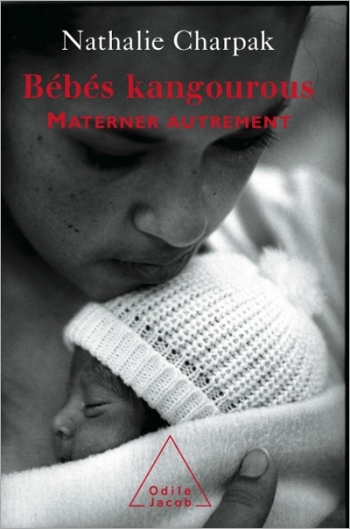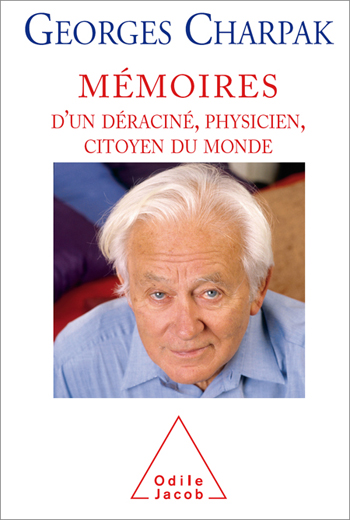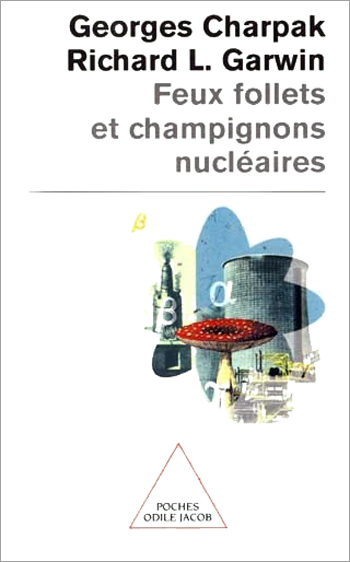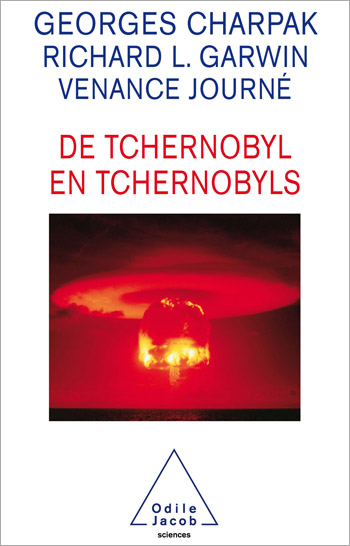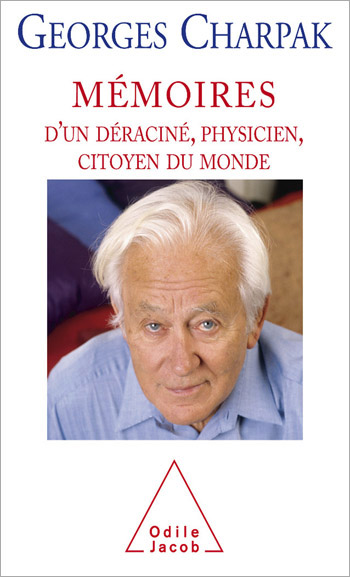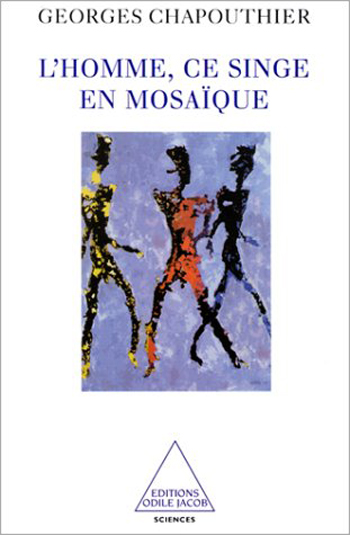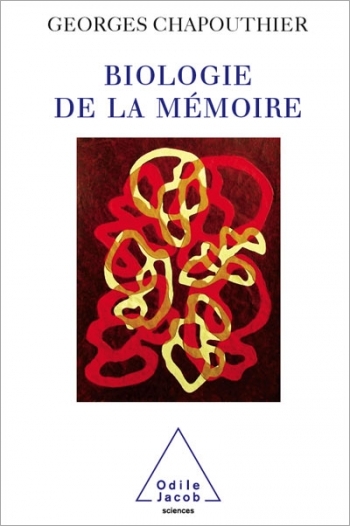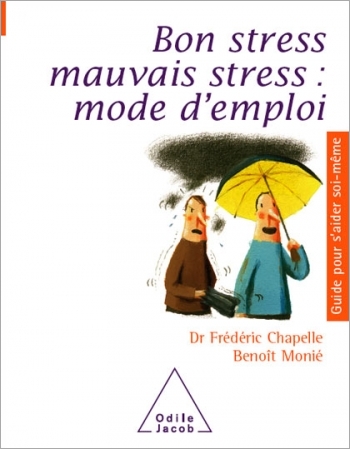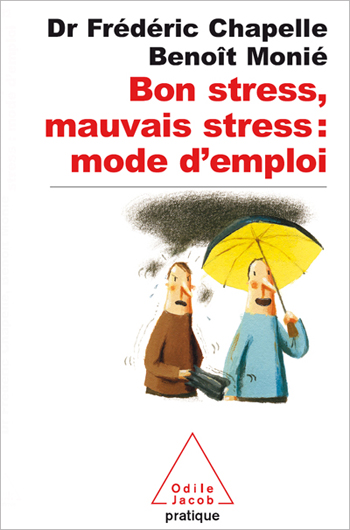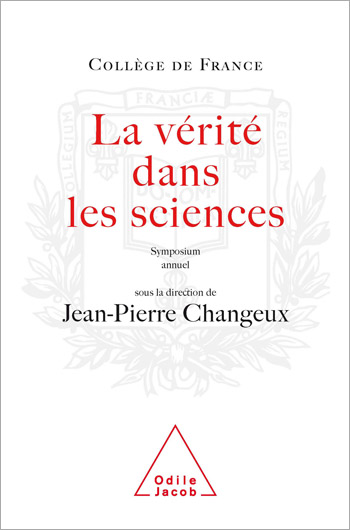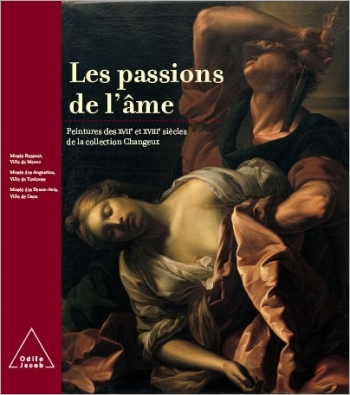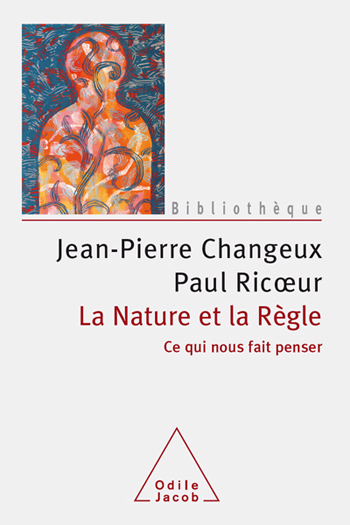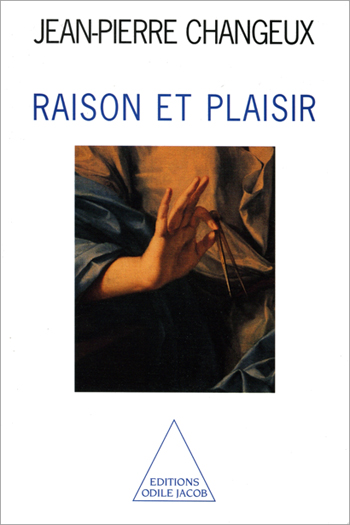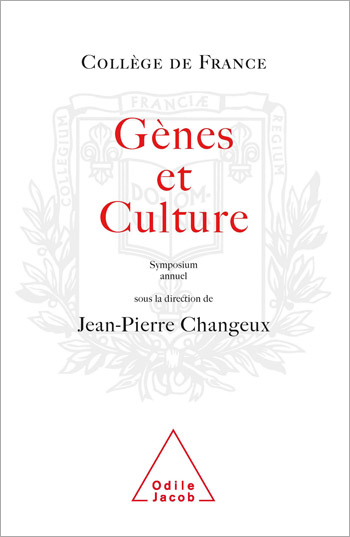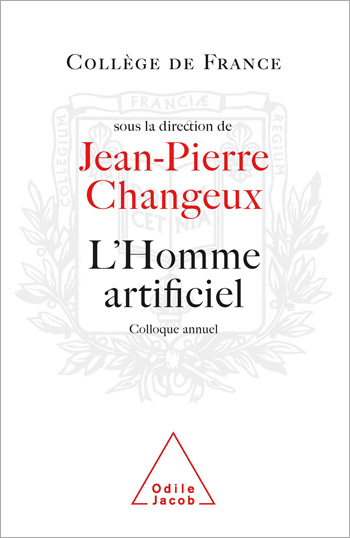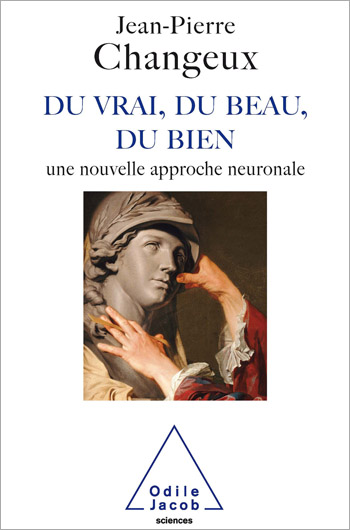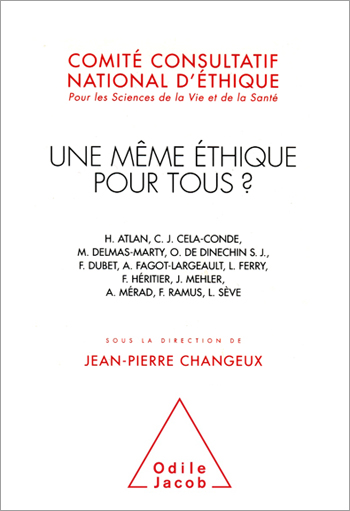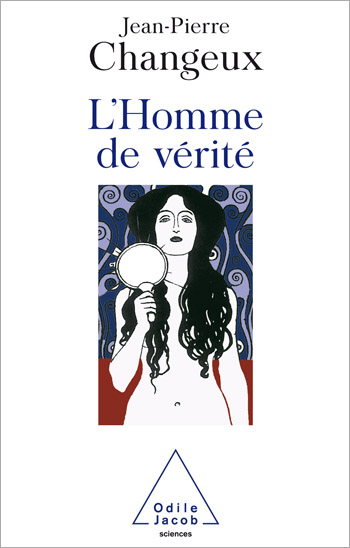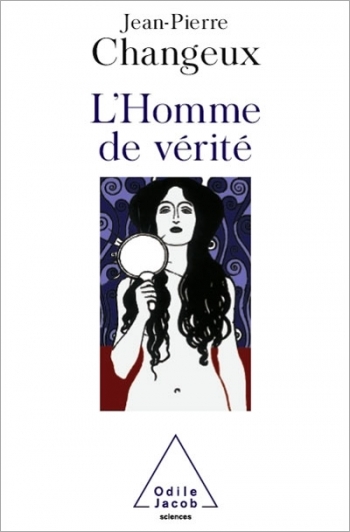Catalog All books
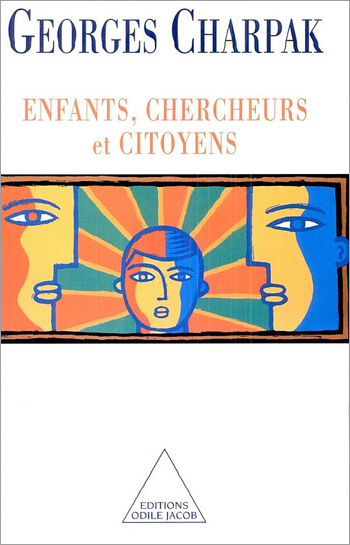
Georges Charpak
Children, Researchers and Citizens
Georges Charpak has taken the initiative for a complete reform of our methods of science teaching. He proposes a teaching method based on creativity and problem-solving, instead of the old theoretical, book-based approach. This book recounts the experiences of two teams of French educators in a research institution created by Leon Lederman in Chicago, and the lessons which we can take from their experiences. Pollens shows that to learn is to discover, and that it is in discovering that one learns. Georges Charpak is a Nobel laureate in physics, and the author of La vie à fil tendu and Feux follets et champignons nucléaires, both published by Editions Odile Jacob.
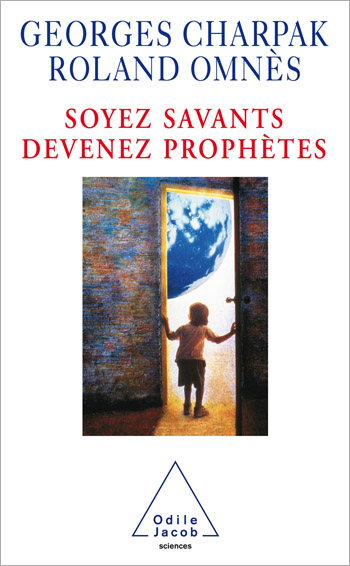
Georges Charpak, Roland Omnès
Becoming a Magician is Becoming Prophet
In a simple, accessible style the authors address questions that we all ask ourselves about science: Why hasn't science made human beings wiser? Hasn't it even had the opposite effect, rendering humans' criminal tendencies even more devastating? To answer these questions, the authors develop the idea that the advent and triumph of modern science have induced a profound change in humanity because science has given human beings the capacity to understand and master phenomena occurring on the microscopic level - a scale that is alien to them. Some of the fundamental elements of contemporary physics are presented here in game form. The authors argue that physics has left free human beings face to face with an equally free interplay of natural forces and that, without causality and finality, the world has become deprived of meaning. It is therefore hardly surprising that many have taken refuge in religion. But the authors propose an alternative to religion, arguing that we can fulfil our modernity by helping our children develop their love of experimentation so that they can discover the meaning of things for themselves - instead of embracing ideologies that can only be imposed through terror. Georges Charpak is a physicist and Nobel Prize Laureate in Physics. Roland Omnès is a physicist and Emeritus Professor at the University of Paris XI-Orsay.
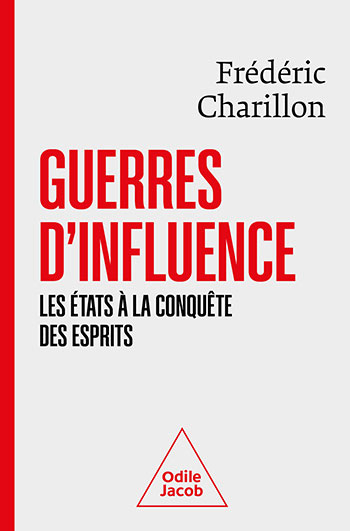
Frédéric Charillon
A World of Influences Soft Power
An ambitious and convincing work that aims to present the new face of international relations.
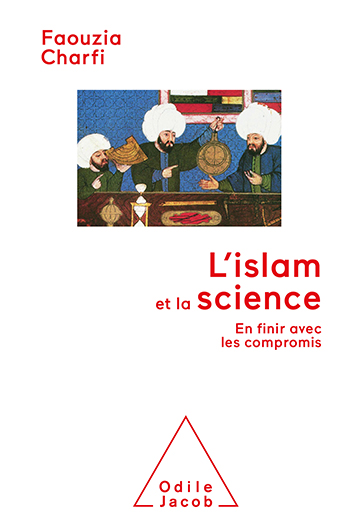
Fouazia Farida Charfi
Islam and Science
A politically involved scientist, Faouzia Charfi is an important voice, in Tunisia and in France.
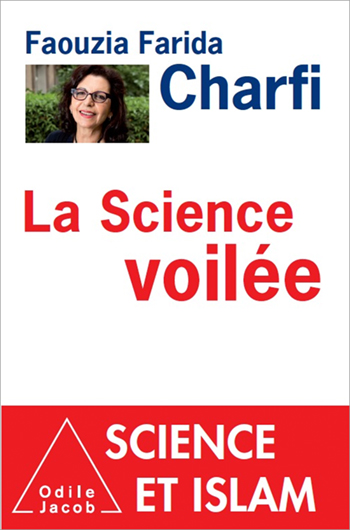
Fouazia Farida Charfi
Science Under the Veil
A vigorous defence of science combined with an appeal to Tunisians to look ahead and not turn their backs on the future

Fouazia Farida Charfi
Sacred Questions A modern and re-imagined Islam
1.The two chapters on Islam explain in easy terms, accessible to all, the essentials of Islam and the reflections of the great Arab thinkers on the texts. A feminine point of view, modern and updated, on Islam: religious education, the meaning of the veil in Tunisia, observing Ramadan… A scientist and Secretary of State in 2011, Farida Faouzia Charfi is a major figure in Tunisian political life.
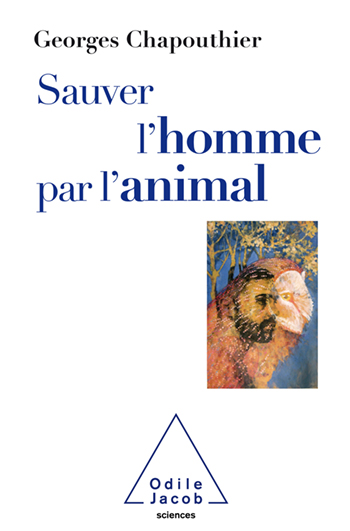
Georges Chapouthier
Saving Humans through Animals
An original thesis that connects in a paradoxical, but reasoned way, the development of morality in humans to their animal nature.
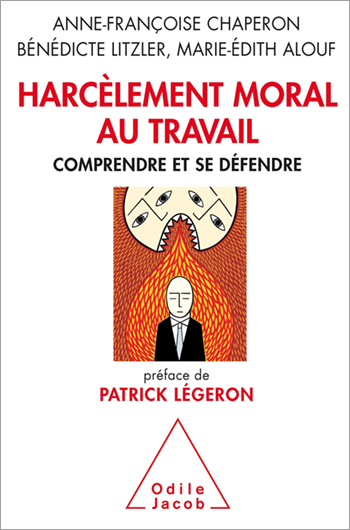
Anne-Françoise Chaperon, Bénédicte Litzler, Marie-Edith Alouf
Psychological Harassment in the Workplace
A complete, indispensable book to understand and identify psychological harassment — and learn to defend oneself
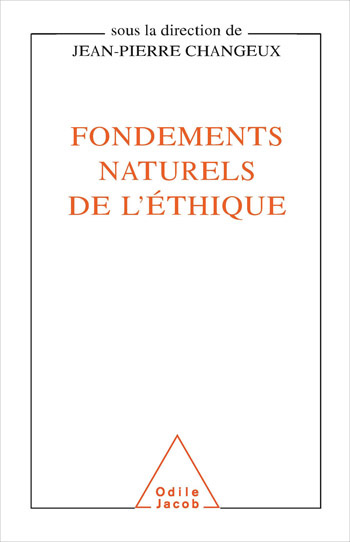
Jean-Pierre Changeux
The Natural Foundations of Ethics
Is the sense of morality universal, is it inherent to human nature? The members of this symposium gathered around Jean-Pierre Changeux ponder the diversity of moralities and question themselves about the conflicts due to cultural differences and the possibility of attaining a common morality which would be intrinsic to human nature.
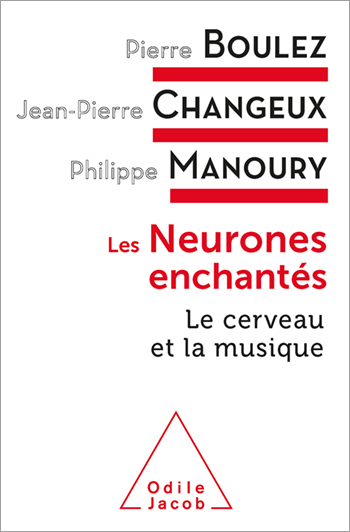
Pierre Boulez, Jean-Pierre Changeux, Philippe Manoury
The Enchanted Neurons The Brain and the Music
A unique event: two major intellectuals of our time discuss the links between the neurosciences and music
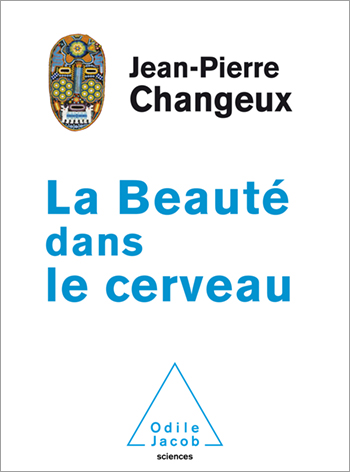
Jean-Pierre Changeux
The Beauty in the Brain
"Jean-Pierre Changeux is one of those rare spirits who both challenge and unify." A text containing ideas that are entirely new. Illustrated with many original case studies from the arts and sciences.

